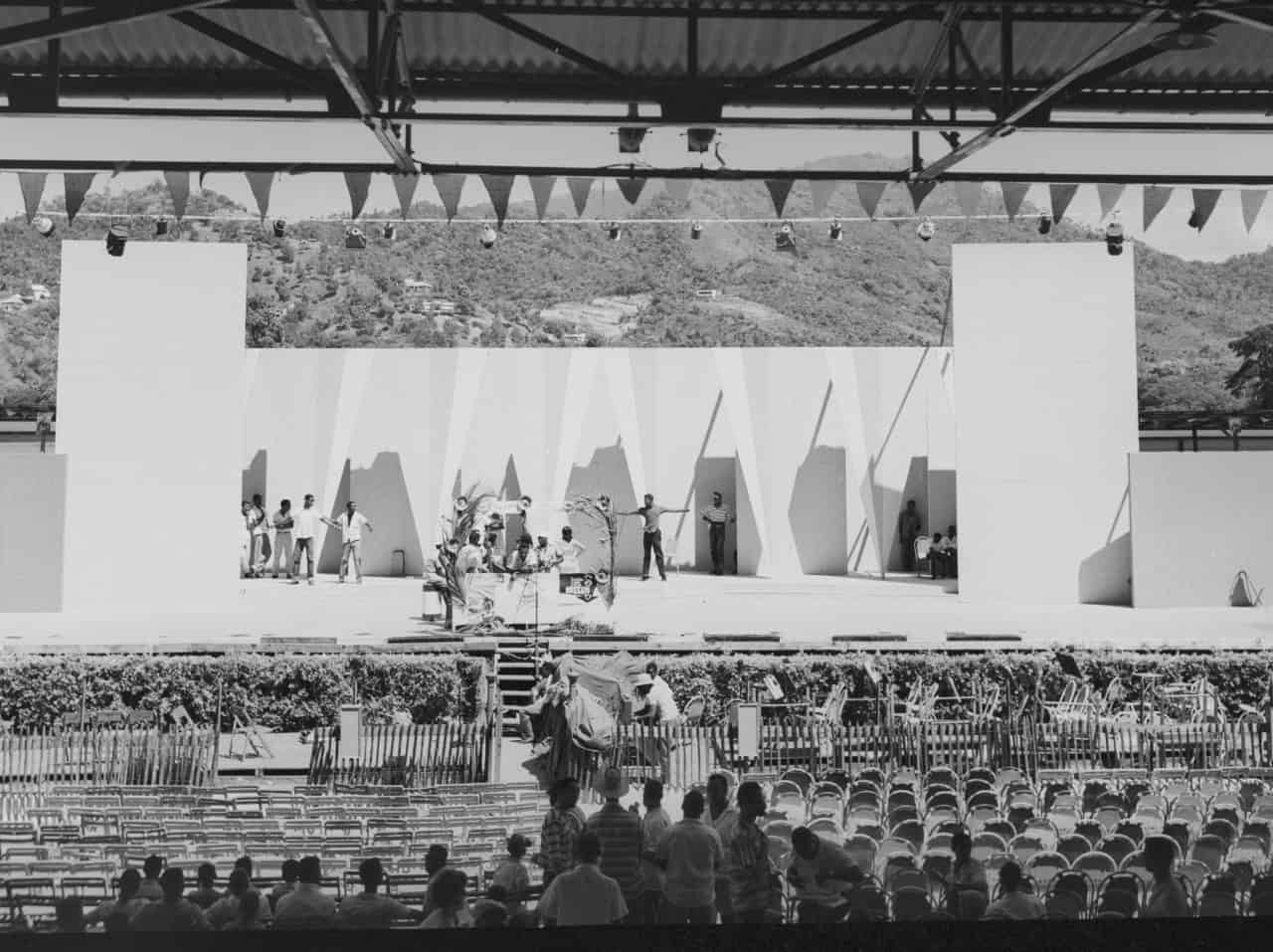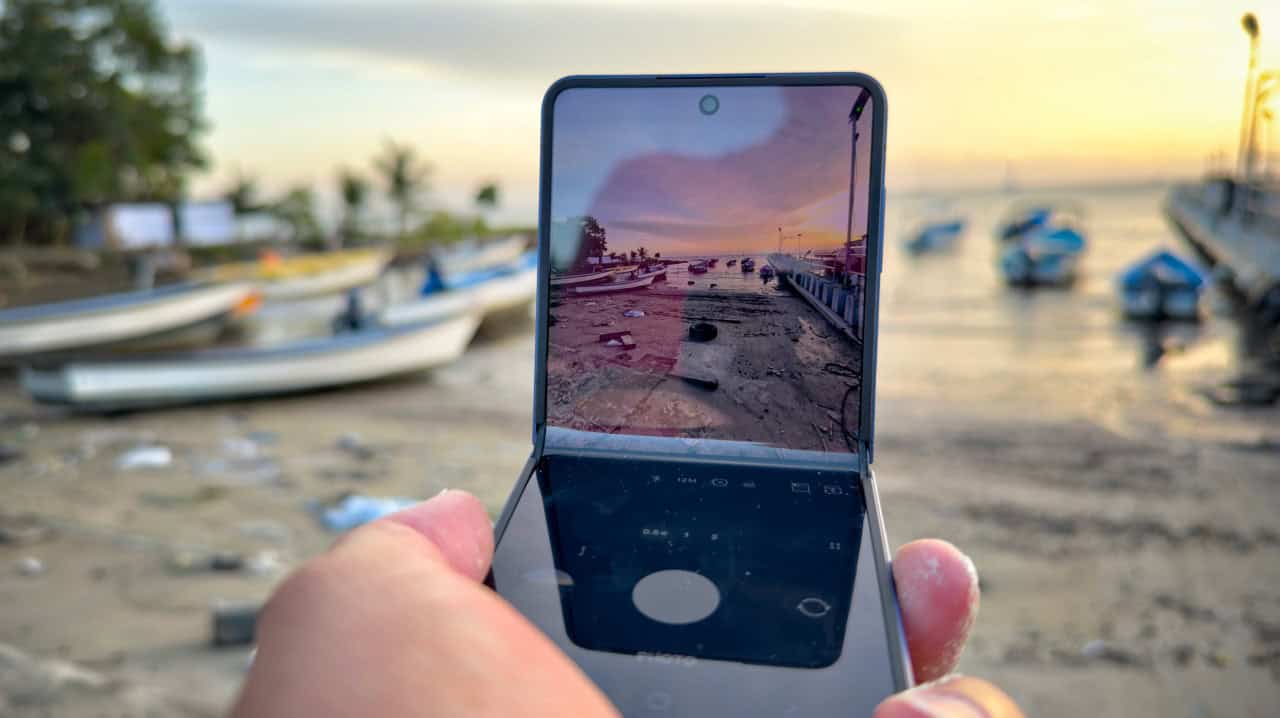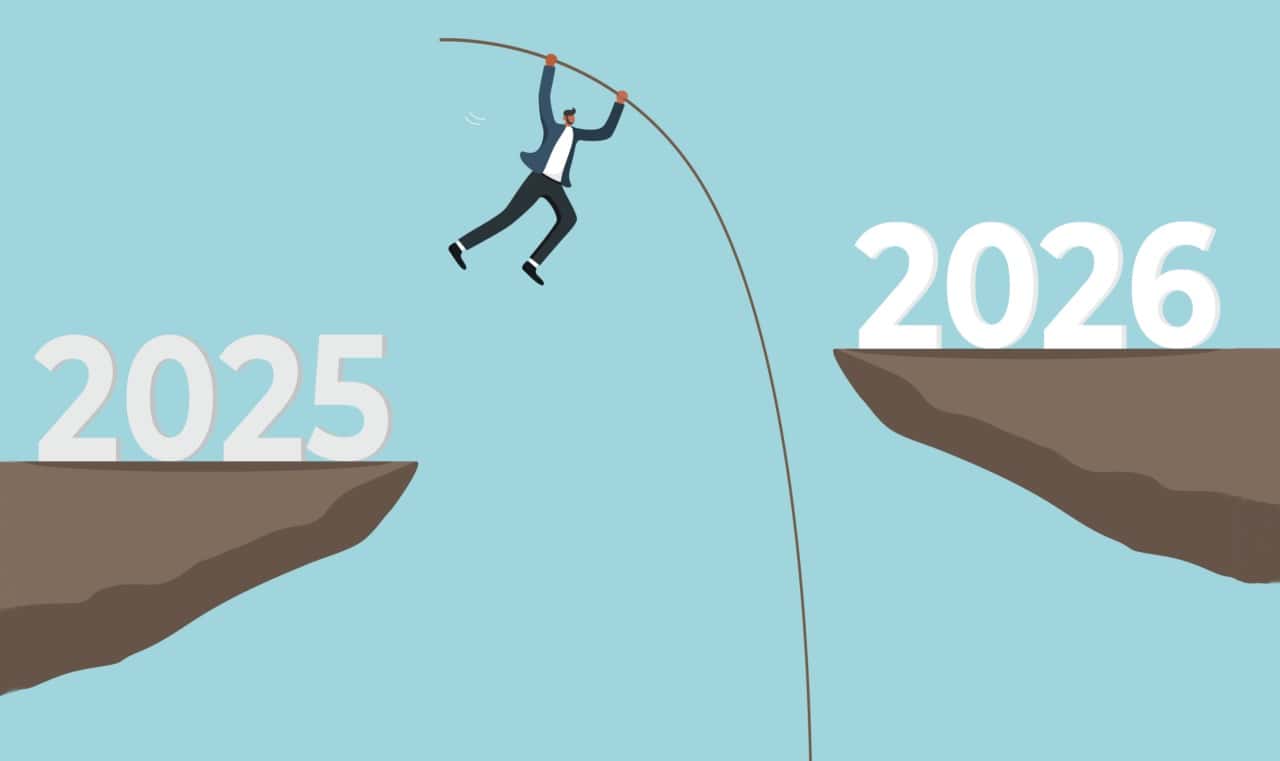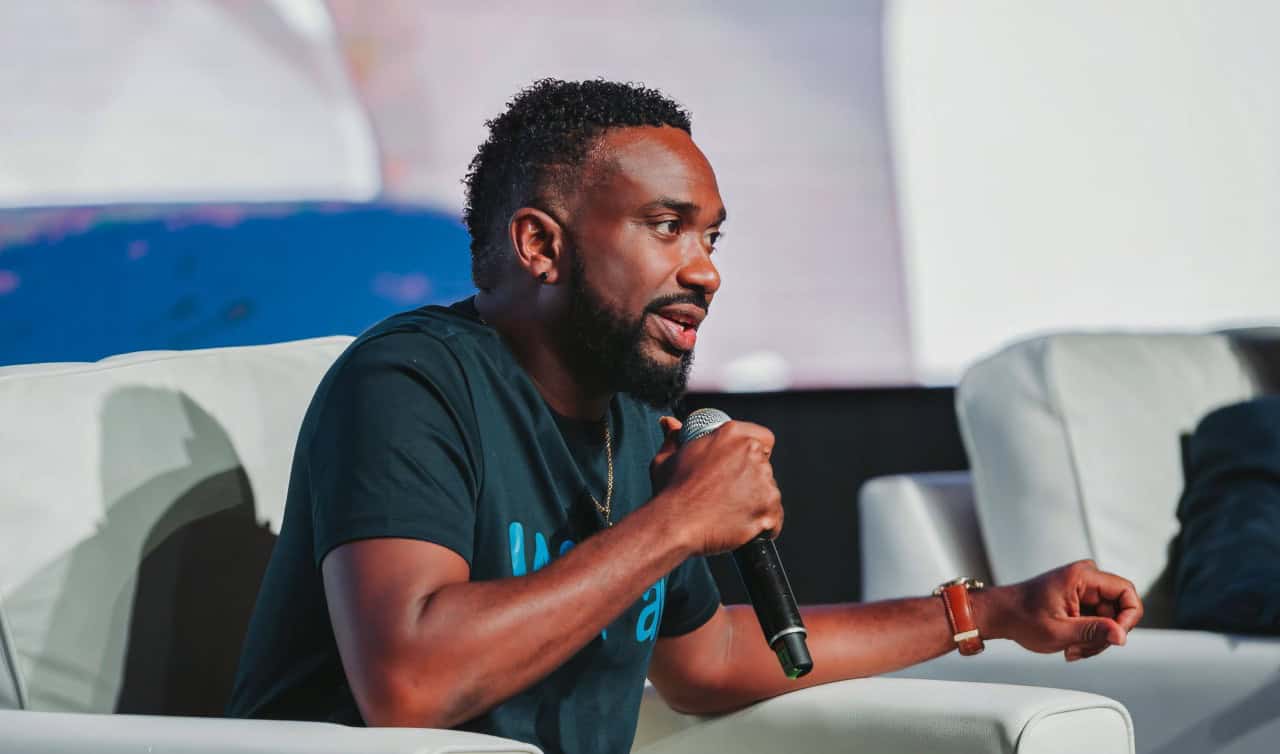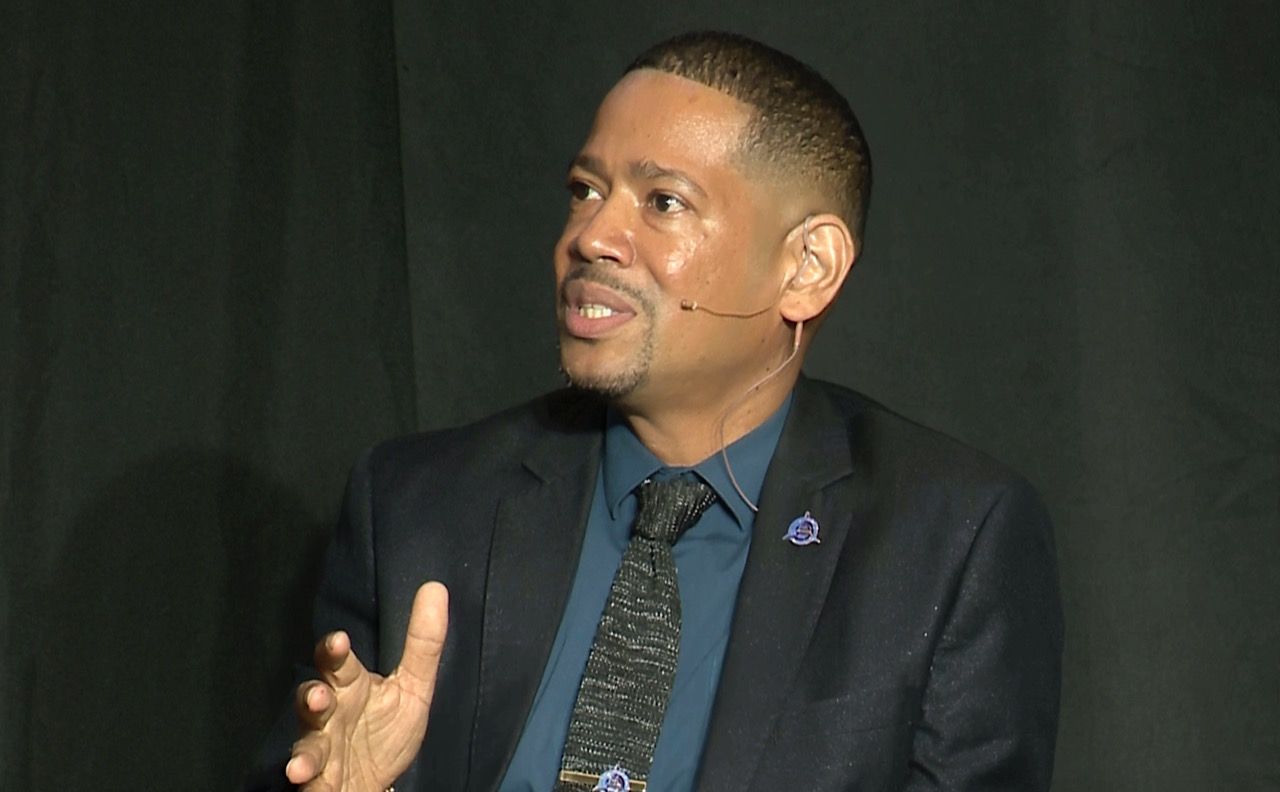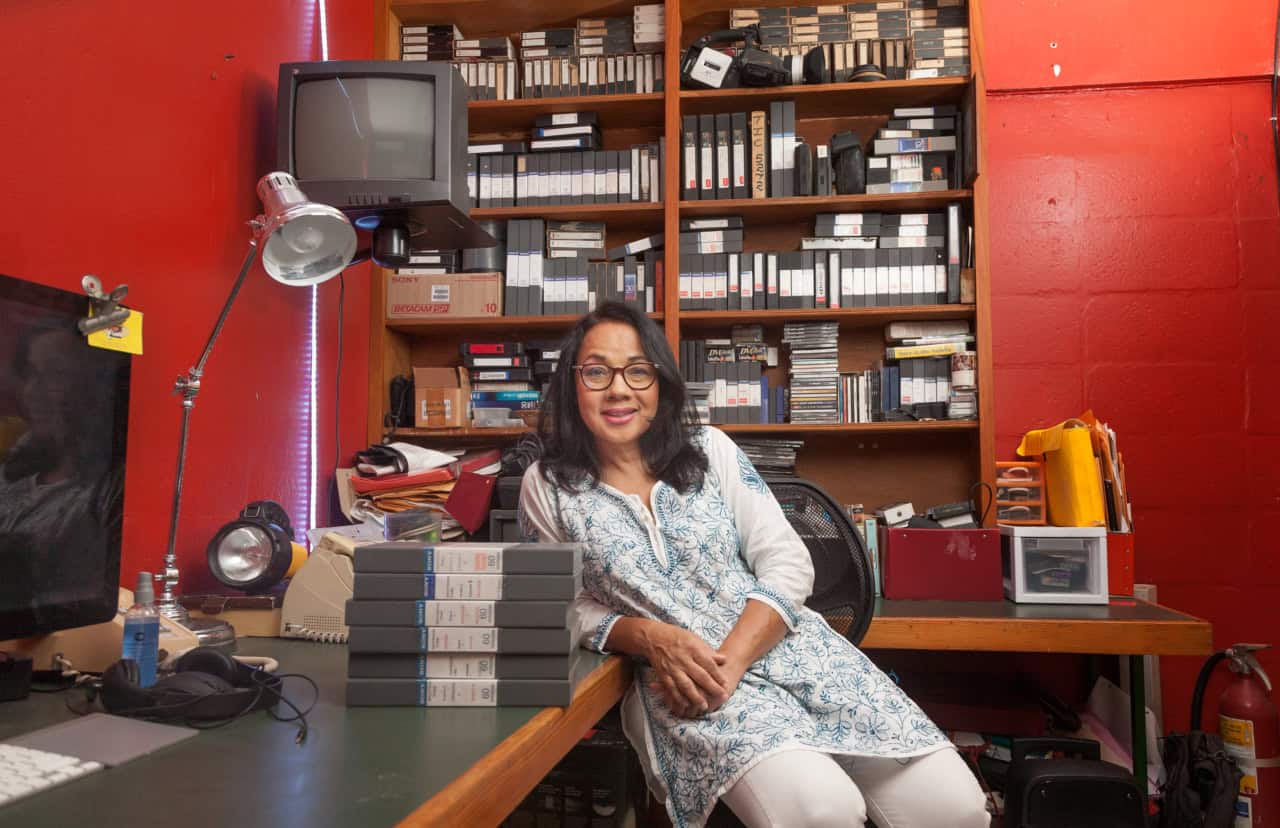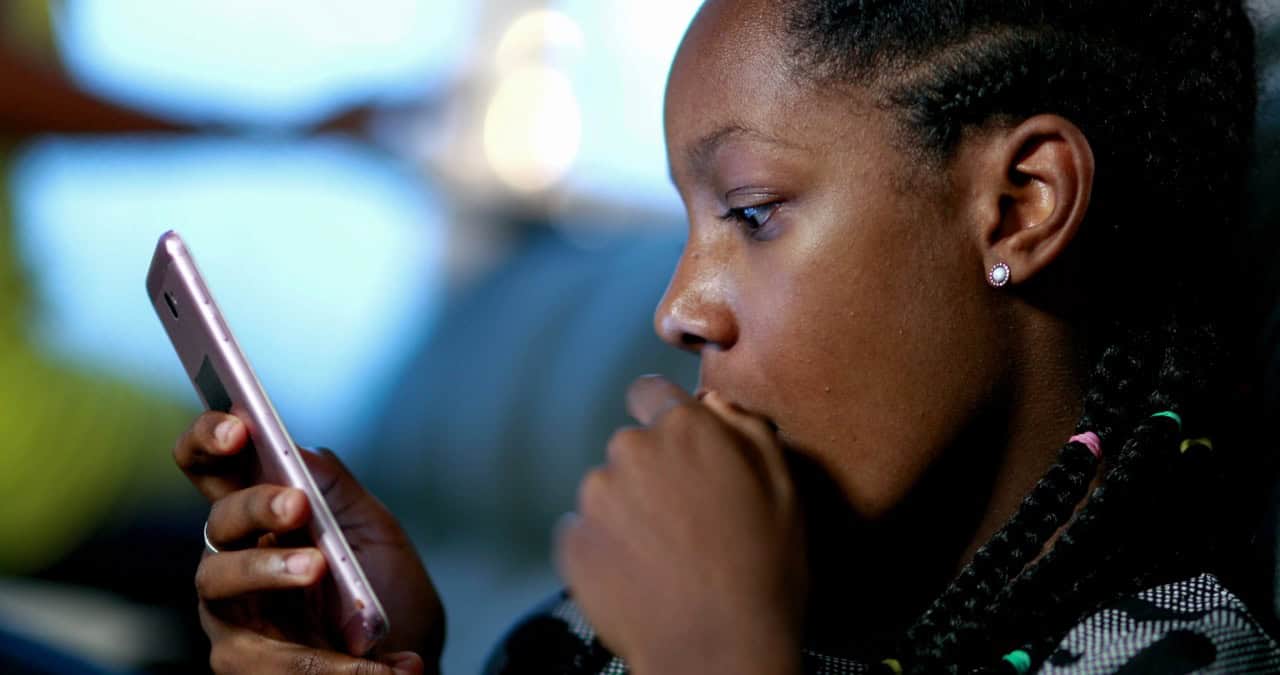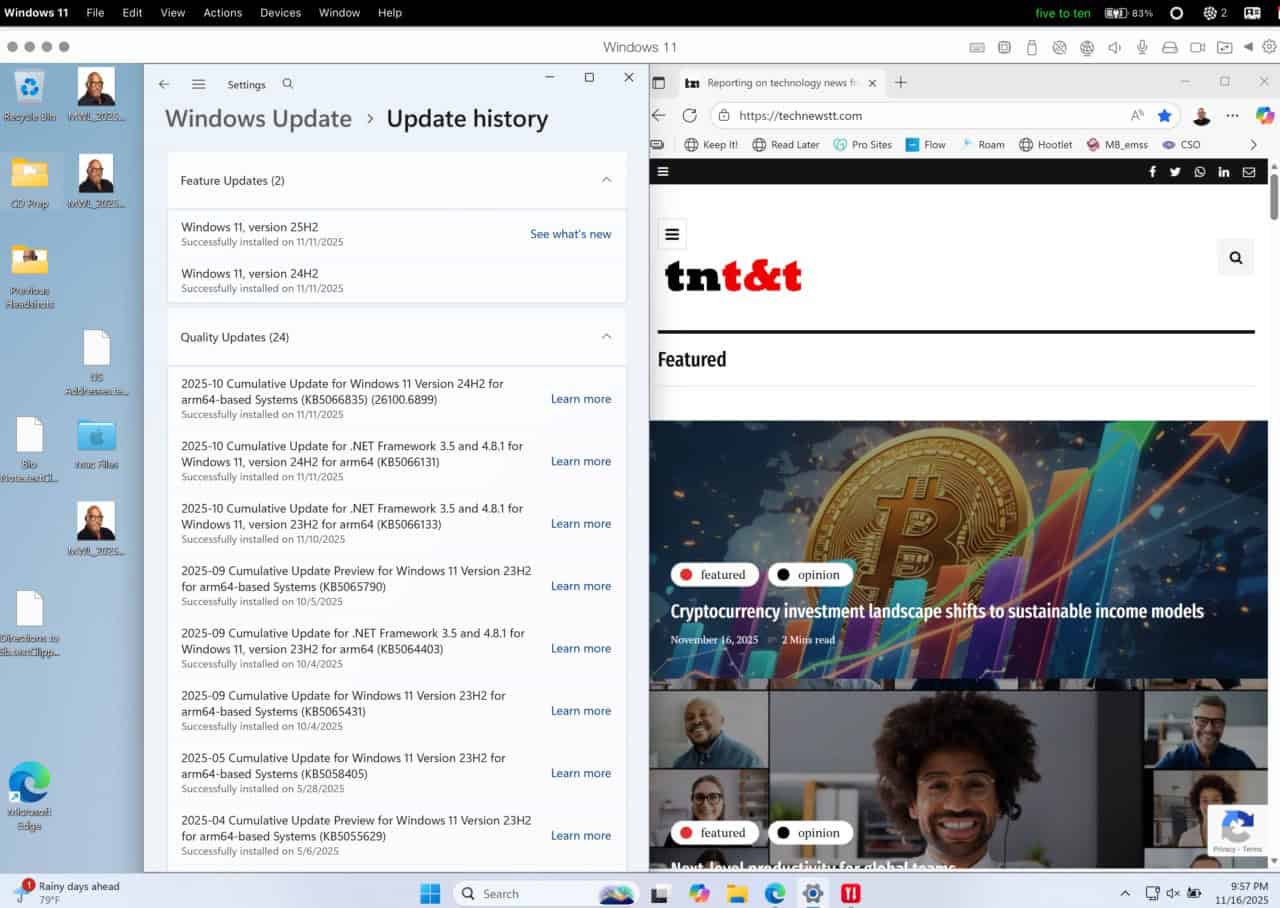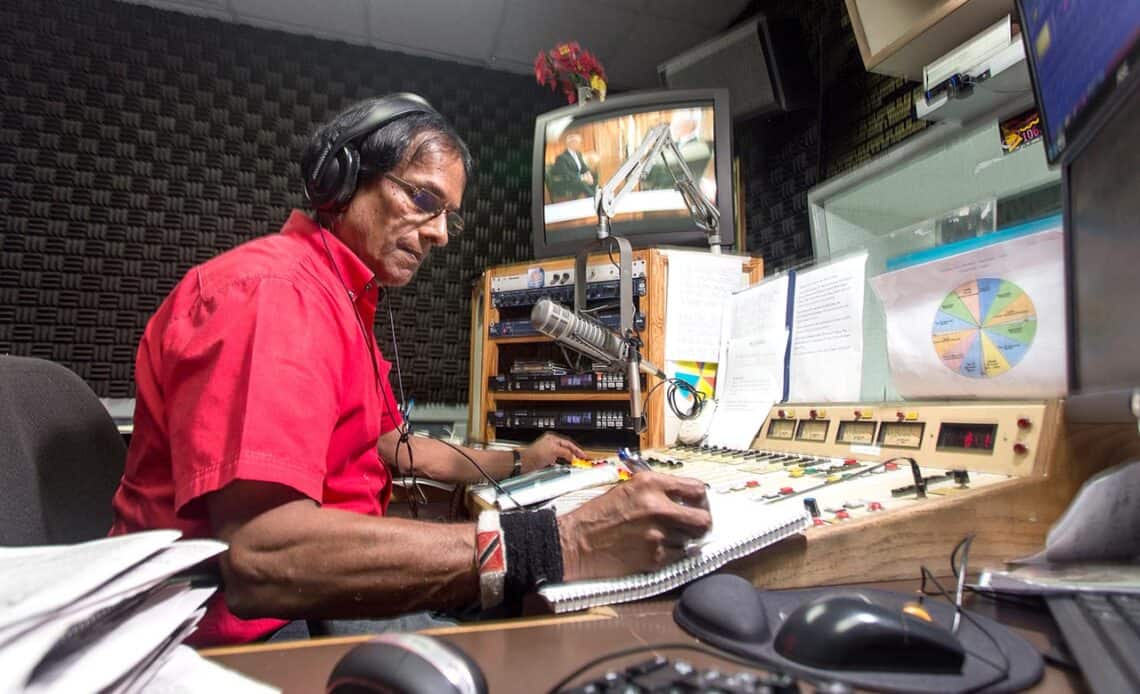
Above: Shamoon Mohammed, radio presenter at Sangeet Radio in 2016.
BitDepth#1451 for March 25, 2024
For her doctoral thesis at City University of London, Aurora Herrera chose an intriguing subject, a study of journalism culture in Trinidad through an ethnographic study of six newsrooms in Trinidad.
Ninety-three interviews were conducted with journalists working in newsrooms at CNC3, the Trinidad Express and Trinidad Guardian, TTNewsday, CNMG (now TTT again) and TV6, most of the conversations were conducted with working journalists at varying stages of their careers.
Tobago journalists may take issue with Herrera’s decision not to investigate newsrooms on their island, but her assessment to exclude radio journalism because of its largely marginal nature is regrettably accurate.
Herrera also spent two weeks in most newsrooms observing as well as conducting interviews and to their credit, most editors allowed a commendable level of transparency into their operations and procedures.
Herrera is an experienced journalist, first experiencing the news-gathering life alongside her mother, Heather-Dawn Herrera who has written about conservation issues for the Guardian and Express, then beginning her career as a youth columnist.
Herrera acknowledges the bligh given to her because of this early exposure to newsrooms. But despite that early initiation, some of what Herrera found seemed to surprise and even shock her.
From her thesis preamble, this was the scope of her investigation.
What are the commonalities between Trinbagoian journalists who come from different newsrooms, religions, ethnicities and educational backgrounds?
Do these elements play a part in determining the execution of their roles?
How has colonisation, media ownership in the Caribbean as well as the media influence of the United States, impacted on the journalism culture of Trinidad and Tobago?
Herrera considers the primary influences on the development of the modern TT newsroom. First exploring the recent history of journalism in this country, particularly since independence, which migrated media ownership from colonial interests to corporate investment or state control.
Then she considers the primary motivators and demotivators shaping newsroom focus, drilling down to considerations of money and law.
She correctly notes that media ownership and the demands of advertising revenue can exert a distorting influence on reporting patterns and story acceptability, with conglomerates potentially guiding story choices based on their effect on revenue.
The other major influence, the chilling effect of laws that have the potential to criminalise legitimate news and investigative reporting was a point of specific and detailed focus.
These laws are a mix of legacy legislation, new laws and laws which remain partially proclaimed, include the Data Protection Act, Cybercrime Bill 2017, the Libel and Defamation Act, 2014, the Interception of Communication Act, the Sedition Act and the Proceeds of Crime Act.
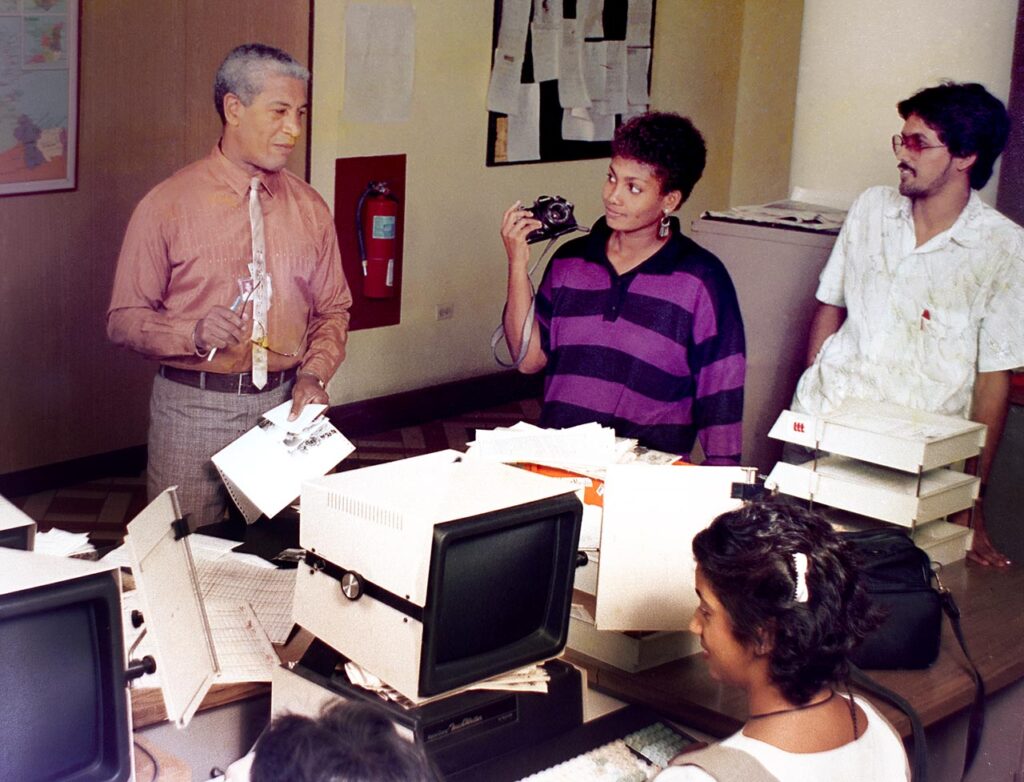
All remain problematic for journalists and years later, the government has demonstrated little appetite to amend either draft legislation or existing law to acknowledge the role of journalists.
Indeed, the state’s inclination is always to make information less accessible, as witnessed by an aborted attempt to amend the Freedom of Information Act in 2021 to further limit access to public information.
Herrera’s greatest surprise came in discovering the extent to which working journalists were either benignly unaware, wilfully ignorant or simply numb to the potential impact of these laws on the practice of journalism.
In one compelling interview (interview subjects are anonymised), the chilling effect on effective journalism was summarised by one journalist this way, “When you’re just reporting every day stuff like a transcriptionist, the only way that you could fall short you may defame by omission when you don’t get a response.”
This dismissal of the day-to-day practice of journalism as a kind of glorified stenography is not as rare as might be hoped.
In her thesis, Herrera notes that “In a developing country like Trinidad and Tobago where there are no specifications for a tertiary education to be a journalist, many people practising journalism do not care about these principles.”
“Ethnographic and semi-structured interviews in chapter 7 and 8 revealed that for a certain subset of those employed in the industry, their work is about earning a pay check. Therefore, the inherent significance of the position does not always register on individual radars depending on their personal motivations.”
She further notes that in her interviews, it became clear that, “Journalists were very frustrated with the lack of resources and detailed how their motivation was affected, which resulted in a sub-par product.”
“Editors revealed that they were frustrated with the level of competence of journalists coming into their newsrooms.”
Herrera’s study touches on many threads that pull at the practice of journalism locally, favouritism, sexism, financially inventivised censorship, influence peddling and nuanced bribery.
The scope she covers manages to be both expansive and familiar, but the most compelling consequence is a steady deterioration in the authority and presence of formal journalism in the day to day lives of citizens.
Herrera confines her evaluation of social media to examples of how publications on those platforms have resulted in court decisions that affect the interpretation of local law and the online presence of formal media houses there.
Exploring the role of social media in eroding media authority and in some cases, replacing the immediacy of reporting breaking news exceeds the scope of this study and would probably create the foundation of another study of local media entirely.
But, local journalists are not unaware of this challenge and what is required to meet it.
One television journalist told Herrera, “We don’t go in-depth. We don’t really do in-depth journalism. We don’t do follow ups. We don’t do the research before going to the assignment and that’s why I think we’re lacking. We don’t educate
ourselves. You go, you report, come back, you don’t really get a holistic view of the situation.”
That conflict, between an entrenched and accepted way of producing journalism and its amateur competition is only likely to come into greater conflict with the crowd-sourced, unfiltered journalism readily available on social media platforms.
Additional pressure can be expected from digitally enabled news sources that are unencumbered by the startup costs of traditional media and inhabit a space of verification between formal media houses and social media scuttlebutt.
Herrera’s thesis study may be done, but the ground she trod in gathering her information continues to shift and churn.
A summary of the thesis findings.
Journalism culture in Trinidad and Tobago is an organic field, shaped by the country’s history of colonialism.
Retrogressive race and class tensions which infuse the political landscape of the national society become weaponised by government and business institutions who are able to utilise the Chilling Effect to manipulate content through the revenue control of media houses and to a lesser extent, threats of litigation.
Journalists feel this financial chill and employ self-censorship to avoid reprisals and maintain the status quo. Editors are a key pillar within the culture as their sharp eye and all-round knowledge prevents potentially litigious material from being published and broadcast.
Their individual moral compass is what keeps the integrity of their newsroom intact when government and business advertisers ransom the media company’s
bottom line for control over content.
As far as a shared set of ideas and an occupational ideology determining how journalists perceive and perform their roles, journalists generally strive to uphold the public interest but have also been known to look out for their own interests, compromising their objectivity and leading to an environment of mistrust between colleagues.
The lack of education, training and resources also frustrate journalists, leading to general demotivation and disillusionment with their work.
Excerpted from a thesis toward a Doctorate in Philosophy, Aurora Herrera, May 2022.


